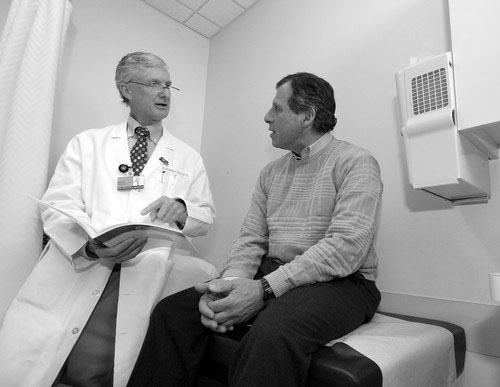
End-of-Life Discussion with the Family
Discussing end-of-life issues with family members is vital because, as the FCA points out, “in a surprising number of families, there is disagreement over what a very ill relative would prefer.”
Forbes reports that family members will sometimes “opt for high cost treatments that the patient wouldn’t want. And occasionally they’ll take actions that they feel deep guilt about.”
Nobody wants family members to feel guilty about making stressful decisions that could already have been made—and by a more qualified person. It is vital to spell out end-of-life wishes in advance to family members—and especially to the family member you will be most comfortable handing Power of Attorney over to if—and only if—you one day become incapacitated and need someone who is prepared and who knows your wishes to make medical and financial decisions for you.
AARP offers suggestions about some of the topics an end-of-life discussion with a loved one should cover. Although the AARP piece deals primarily with how the loved one should raise such topics as medical care, caregiving, and funeral wishes, there is no reason the person making end-of-life arrangements for himself or herself shouldn’t be the one to start the discussion.
According to Abrahms Spring’s letter in the Times, end-of-life talks between a parent and child “also provide an opportunity for forgiveness and reconciliation.”
Forbes argues that “we need to establish good legal and social norms now. And the best norm we can establish is that older people make their own wishes clear long before they’re likely to be incapacitated by sickness.” After all, Forbes continues, “lots of older folks don’t want to prolong their pain and suffering, especially if they’ll only continue to live in a hospital room they’ll never leave attached to a machine from which they’ll never detach.”
Whether or not Medicare will cover end-of-life discussions between doctors and patients in coming years, it seems clear that adults, as they age, ought to use all possible opportunities to discuss end-of-life matters with healthcare professionals and family members. In fact, despite any talk about those “death panels” that some people seem to fear, it seems evident that the best way of ensuring your decisions about the end of life will be honored is to put them down in a legal document and to discuss them with your physician and your loved ones.
